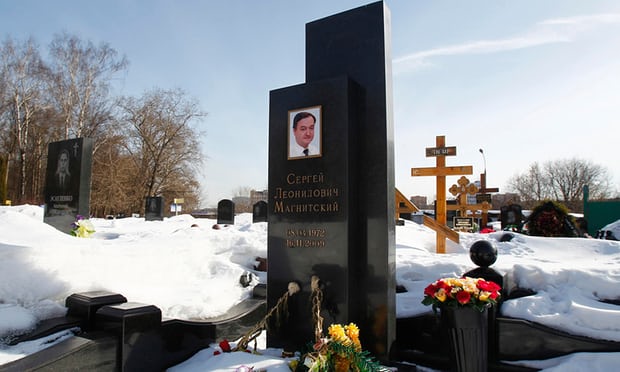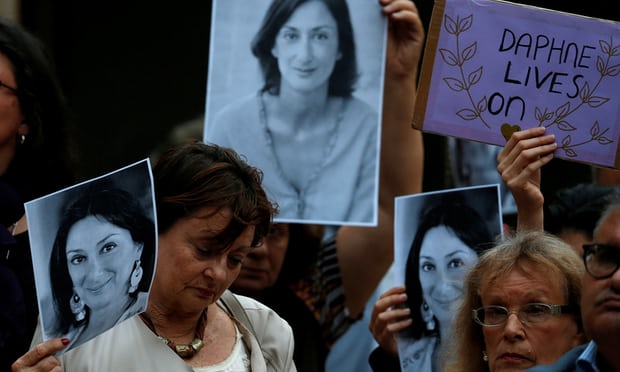 It’s a grubby business but these companies have no qualms about picking up the fat
It’s a grubby business but these companies have no qualms about picking up the fat
fees
If I were to describe secretive organisations that make millions from mafia states, you would imagine – what? Mercenaries? Conspiracies with Blofeld at their head? Nothing so thrilling, I’m afraid. Picture instead respectable lawyers of high status and higher income, whose love of money is now, in the words of the Commons foreign affairs committee, a matter of “national security”. Others should judge whether they were so “entwined in the corruption of the Kremlin and its supporters that they are no longer able to meet the standards expected of a UK regulated law firm”.
The lawyers who worried MPs worked at the “magic circle” London firm Linklaters, whose 40 highest-paid partners received £1.57m on average last year. Linklaters decided that the attempted murder of the Skripals, Russia’s shooting down of the MH17, its complicity in crimes against humanity in Syria, the annexation of Crimea, the invasion of Ukraine, support for the far right, the interference in democratic elections in the west and the suppression of democracy at home in no way obliged it to answer questions about its dealings with Moscow. It had nothing to say about its role in floating a Russian company last year.
You can see the lawyers’ point. Why should they be accountable to the impertinent parliament of the country that raised and protected them? What’s the percentage? Where are the billable hours in that? MPs are mere elected representatives, not Kremlin strongmen or their retinues of oligarchs with £1.57m-bonus-generating business to offer. In a statement, Linklaters said its 70-strong team in Moscow, which includes 12 partners, followed the “highest standards” and abided with all regulations against bribery and corruption, anti-money laundering and sanctions.
That may not be hard to do in Britain. Theresa May has talked tough but has shown little interest in tackling dirty Russian money in the City. Meanwhile, Boris Johnson has bleated that he does not want a “new cold war”, even though a new cold war is precisely what we have, whether our spluttering clot of a foreign secretary wants it or not.
In this conflict, it’s no help to think of oligarchs as businessmen. They are closer to the privileged servants of a warlord or mafia boss. Their wealth is held at Putin’s discretion. If they are told to buy influence in the Balkans or fund an alt-news website, they obey. Companies that raise funds on the London markets or oligarchs who move into Kensington mansions may look like autonomous organisations and individuals but, as Garry Kasparov told the committee: “They are agents of a rogue Russian regime, not businessmen. They are complicit in Putin’s countless crimes. Their companies are not international corporations, but the means to launder money and spread corruption and influence.”

A demonstration over the death of Daphne Caruana Galizia outside the courts of justice in Valletta, Malta on May 16, 2018. Photograph: Darrin Zammit Lupi/Reuters
Try to expose that corruption and you find that poison is not the only deterrent. Bill Browder’s story is now justly famous. Putin drove his investment fund out of Russia. His lawyer, Sergei Magnitsky, stayed behind and exposed how a corrupt clique within the Russian interior ministry had used the fund’s name to steal $230m from the Russian taxpayer. For this act of public service, the Russian state arrested and so mistreated Magnitsky that he died in a Moscow jail. Ever since Browder has worked to persuade governments to freeze the foreign assets of the mobsters behind the killing. Less well reported has been the “lawfare” the Kremlin has thrown back at Browder. The London solicitors Olswang, now a part of CMS, brought a libel action against Browder on behalf of Pavel Karpov of the Russian interior ministry.
Officially, he lived on a state pension, but Browder’s defence team pointed out to the court that he somehow found the roubles to buy a fleet of sports cars, a luxury Moscow apartment and, they might have added, fantastically expensive London lawyers. The judge struck out the case but not before Russia had made Browder spend £650,000 in legal costs, which was never repaid. Britain has had to intervene five times to stop Russia placing Browder on Interpol wanted lists. Last year, after Olswang bought another case against Browder, Sir Geoffrey Vos, chancellor of the high court, said its Russian client had shown an “inexcusable” failure to give a “full and frank” account of the Russian state’s campaign against Browder. I phoned Olswang for a comment. “I probably won’t get back to you,” a spokesman said. He didn’t.
It’s not just Russia. I know from speaking to the sons of the murdered Maltese journalist Daphne Caruana Galizia that they are outraged by the behaviour of Mishcon de Reya, a London law firm that “consistently threatened and harassed” their mother and “sought to cripple her financially with libel action in UK courts”, as she struggled to expose corruption on the island. Mishcon says it threatened her for “false and defamatory” allegations about Henley and Partners, an outfit that sells Maltese (and hence EU) citizenship to the super-rich.
Their outrage has been heightened by the willingness of English PEN, the society of authors that is meant to defend freedom of expression, to have Mishcon’s deputy chairman Anthony Julius on its board. I asked PEN to comment, but the defenders of free speech were, for once, silent.
One day, the security and intelligence services will have to ask when law firms that seek the lucrative business of repressive states and organisations or threaten investigative journalists, become a threat to the national interest. It’s hard to pose the question because the people involved aren’t so bad when away from work. I know Anthony Julius vaguely and Geraldine Proudler, one of the Olswang lawyers who went for Browder, was on the board of the Scott Trust that oversees the Guardian and Observer. (She is now on the board of an English PEN that never seems to learn.) I’m sure that in private they love investigative journalism, freedom of thought and expression, democracy and the right to hold the powerful to account. Perhaps the firms to which they belong love money more.
• Nick Cohen is an Observer columnist
The Guardian, 27 May 2018




